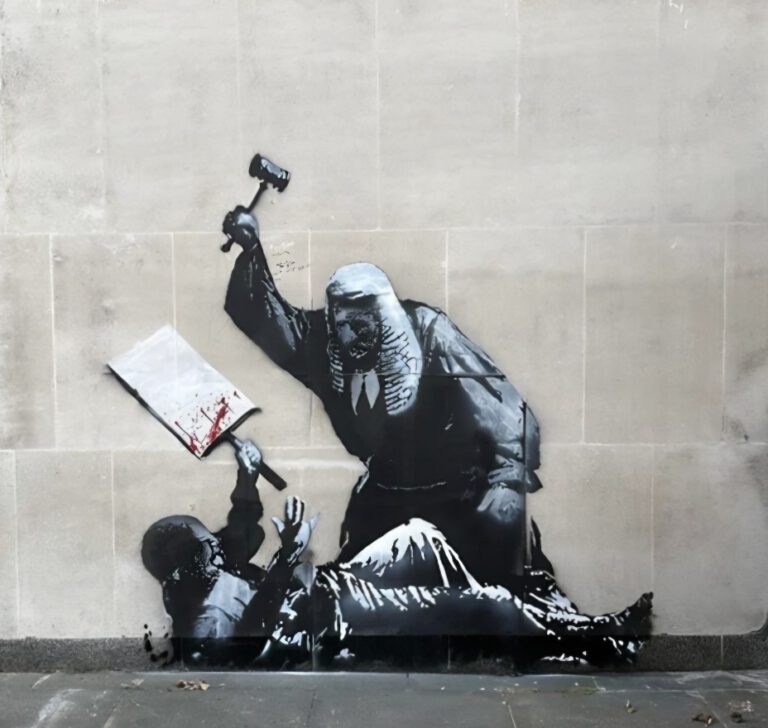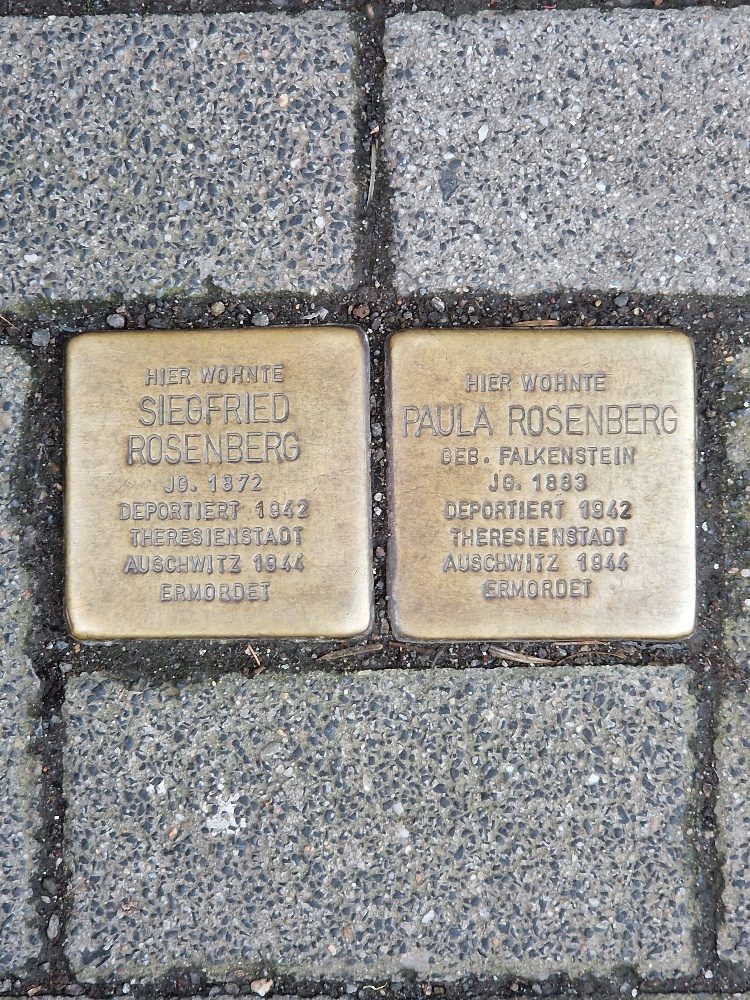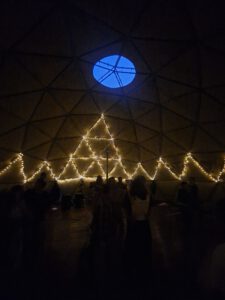I may not agree with what you say, but I will defend to the death your right to say it.
Voltaire
I object to violence because when it appears to do good, the good is only temporary; the evil it does is permanent.
Mohandas Gandhi
Returning violence for violence multiplies violence, adding deeper darkness to a night already devoid of stars.
Albert Einstein
You can’t create chaos
in the lives of others
and expect peace
to come to yours.
No matter what they did
or how you feel,
causing hurt to others
will never bring healing to you.
Morgan Richard Olivier
In response to recent acts of violence in such a variety of places as the USA, Gaza, Qatar, Ukraine, Poland, Sudan, and many more, let us look at the role of violence in our human interaction and question the effectiveness of violence in the pursuit of peace, liberty, equality, and fraternity.
My view is that violence is never the answer. Violence will never heal us. It will never resolve our conflicts or soothe our deepest pain. It will only deepen our wounding and drive us further apart, – from each another and from our own true selves.
Mohandas Gandhi’s life is one I have studied in great detail over the years. He had the gift of knowing that only pure motivation would lead to the sustained achievement of noble goals, goals such as liberty, equity, peace, mutual respect, material security, and ecological harmony.
So, on the occasions when he used the leverage of fasting to bring battling communities to their senses, he could differentiate between the readiness to come to a peaceful resolution out of fear of losing a great leader (compliance) and the affirmative willingness which came from the heart (enthusiasm).
When the disputing parties came to Gandhi to plead with him to discontinue his fast, he could sense if the decision was coming from the head or the heart. When it was the former, he would send the parties away, reassuring them that he would listen again when their decisions were directed from the heart.
Until then he would continue to fast, leaving his interlocutors in no doubt that he was prepared to do so until the bitter end.
Why did he do this? Because he recognised that decisions that did not come from the benign Sage energy of the heart would have no substance over time. We see this in many conflicts, – both our inner conflicts and those played out among human individuals, in families, communities, even between nations.
A recent recovery meeting provided me with a new insight. The speaker used the acronym FAITH, explaining that it stood for `Finding Answers In The Heart´. What a wonderful device!
A common example from the world of inner conflicts is the motivation that brings addicts into recovery. We see, again and again, people come in because of a court order, they have promised their spouses, employers have insisted upon it, etc. The success rate among such people, however, is comparatively low.
Only when the addict has found the motivation in his own heart and decides to walk the path of recovery in order to redress past harms and grow into the best possible version of himself, only then can a solid foundation of recovery be built.
With respect to interpersonal relations, history shows that when one party is defeated, and the victor lacks magnanimity in the resolution of the conflict, this is often experienced as humiliation by vanquished.
When the Allies, having defeated Germany in 1918, formulated the treaty to end WWI, it was only ever going to be a matter of time before Germany would come back to attempt to destroy the enemies that had put so much effort into humiliating them.
It took a while and eventually lead to a conflict even worse than its predecessor, what had been touted as `The War to End all Wars´. The cycle continues in countless violent conflicts to this day.
We need to find another way, to sit together and break bread as kin. We need to learn to listen – not only to the words spoken, but to what is beckoning beneath them, – the grief, the longing, the hope, the anger, the pain. To see the reflection of our own wounds in the wounds of the other. To soften up and discover the ground we all share.
As Marshall Rosenberg stated in his treatise on Non-Violent Communication:“ All violence is the result of people tricking themselves into believing that their pain derives from other people and that consequently those people deserve to be punished.“
This tendency to find a solution in punishing others is akin to the man who is looking for his keys on the ground in a busy city street in the dead of night. Down on all fours, searching in vain, he hears the voice of a policeman who has happened upon the scene.
„Good evening, Sir. How can I help you?“
„Thank you, Constable. I have lost my keys.“
So, the policeman also gets down on all fours, pulls a flash light from his pocket and joins the search. After ten minutes, they both stand up, disheartened.
„Are you sure you dropped them here, Sir?“, asks the policemen, perplexed.
„Oh no,“ says the man. „I dropped them in that dark side street across the road over there.“
„Well, why in heaven’s name then are you searching here?“
„Because it is bright here, in the lamplight,“ was his laconic answer.
When we trick ourselves into believing that our pain derives primarily from other people, we are like the man looking for his keys where he didn’t drop them. The original pain was there long before our current adult trigger activators came into our lives. Our desire to punish the others makes it even more difficult to unmask this delusive perception that others are to blame.
This is not to deny the fact that we do cause hurt and pain to each other, and need to learn to set and maintain healthy boundaries as we grow in responsibility for our own well-being. Learning how to engage in healthy conflict resolution is indispensable in growing towards emotional sobriety and developing our capacity as peace-makers.
We need to lay down our weapons. Lay down the urge to strike, to silence, to destroy, and the itch to seek our salvation in blaming others and trying to change them. We need to risk looking for our keys in the darkness, where we dropped them. In recovery circles we refer to this as: „Sticking to our side of the street.“
Listen with your whole heart. Listen even when we feel attacked. Listen even when you disagree with what you are hearing, when anger burns in your chest, when fear grips you, when you are outraged by another’s opinion. Listen, especially then.
To be able to do this, we need to learn to gather ourselves sufficiently in calm repose so we can identify, acknowledge, embrace, and tend to our own inner wounds. We get to deal with all the unfinished business we have been carrying on our shoulders since we emerged into adult life from the arduous world of our dysfunctional childhood. In this process we get to make peace with our biography, our family of origin, the world, and ourselves.
Then we begin to recognise that the others are consciousness too, made up from the same consciousness as us all, stardust manifested in a form not yet familiar to us. They are simply a part of myself not yet welcomed home.
Even the ones who most annoy us, the ones we resist, even the ones whose ideas we despise. For it is they who carry the spark of life that will illuminate our inner world. They carry this spark within them. Honour their right to speak. Defend their right to speak. For in defending their voice, we defend our own. Then we speak our truth in return.
And when the dust settles, we will see: there was never an enemy here at all. Only ourselves, calling us home in a thousand disguises. Calling us to our highest potential.
The great spiritual teacher of the 20th century, Thich Nhat Hanh, spoke often on the relationship between inner peace and world peace.
„We often think of peace as the absence of war, that if powerful countries would reduce their weapon arsenals, we could have peace. But if we look deeply into the weapons, we see our own minds; – our own prejudices, fears, and ignorance. Even if we transport all the bombs to the moon, the roots of war and the roots of bombs are still there, in our hearts and minds, and sooner or later we will make new bombs.“
„To work for peace,“ he continued, „is to uproot war from ourselves and from the hearts of men and women. To prepare for war, to give millions of men and women the opportunity to practice killing day and night in their hearts, is to plant millions of seeds of violence, anger, frustration, and fear that will be passed on for generations to come.“
The sum of each of us doing our inner work to eventually make peace within, – this adds up to world peace. I know of no better way.
Photo Art: Banksy







